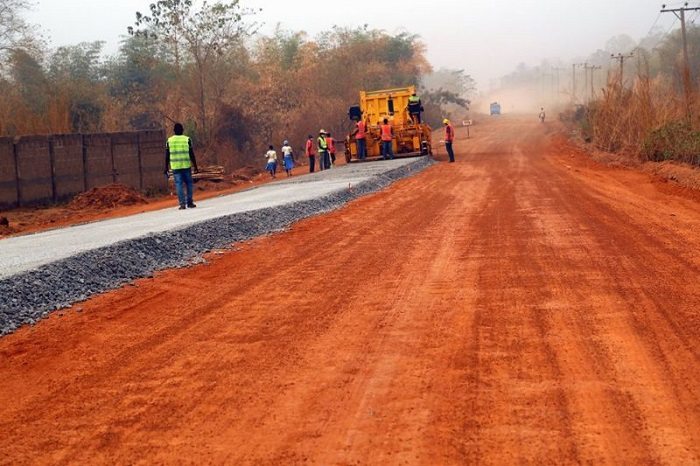The construction industry in Kenya is promising thanks to mega projects under construction.A recent survey by financial consultancy firm Deloitte revealed that Kenya had the highest number of infrastructure deals in East Africa in 2015.
The Africa Construction Trends report 2015 says that there were some 61 reported infrastructure projects in the region worth Sh5.9 trillion ($57.5 billion), an amount nearly equivalent to the size of Kenya’s gross domestic product. Construction Review Online looks at what is driving construction industry in Kenya.
1) The rapid growth in population and Urbanization
Kenya currently boasts of having over 40 Million people causing a major challenge in the housing sector but at the same time provided opportunities for investment in both residential and commercial buildings. Mark Properties for exampleis nearing the completion of their mixed use development dabbed Le’mac in a bid to fill the housing gap.
In the recent statement released by Kenya’s Ministry of Lands, Housing and urban development in early March 2016, the country has been experiencing an annual shortfall of housing, exceeding 250,000 units.
2) Deficit in infrastructure
Despite the fact that the Kenyan Government increased effort to boost its infrastructure more need to be done. Kenya still faces a deficit in infrastructure including rail, roads and ports which presents a significant case for continuing growth in the building and construction sector.
This has led to the government investing heavily in this sector. A good example is the ongoing construction of the Standard Gauge Railway which is expected to boost the country’s economy. The railway line which will run from Mombasa through Nairobi to Malaba on the Kenya-Uganda border is expected to enhance the movement of goods and people across East Africa. Currently, the project has up to 25,000 local workers.
3) Shortages of Office Space
A dire need for office space has is a key driver for construction industry in Kenya.Many International companies eying the African market see kemya as the ideal place to put their headquarters hence this has brought a deficit in office spaces.
This has made many companies such UAP, RAHIMTULLA and Fosroc come up with their own offices to even accommodate other companies. Chinese firm Avic International is constructing a breathtaking its headquarters in Kenya.
Though that isn’t enough to accommodate the rising demand of quality offices for multinational companies in the region.


